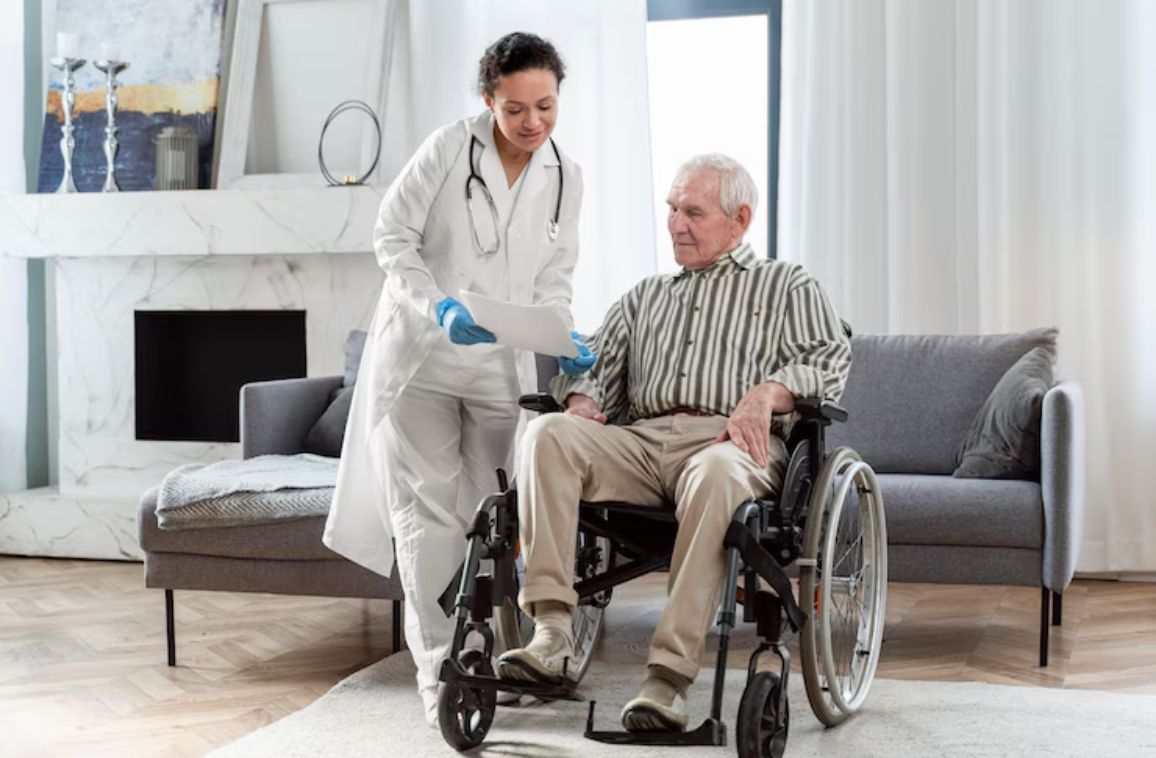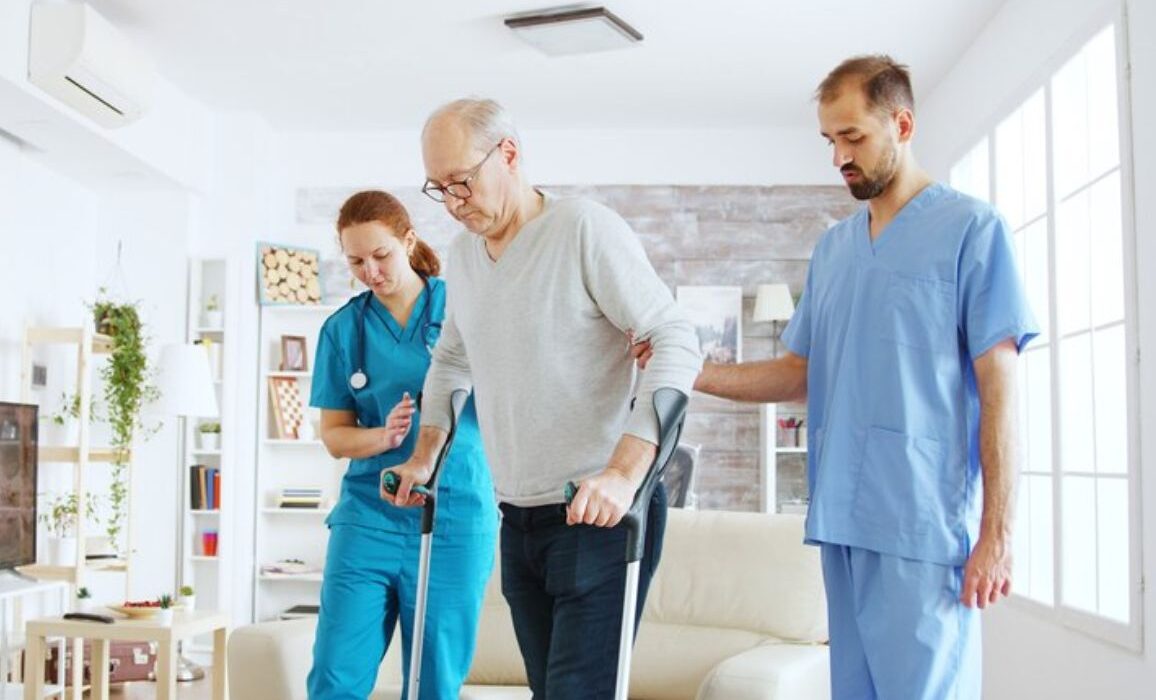Paralysis Symptoms, Causes, and Homeopathic Treatment
Paralysis occurs when a person is unable to make voluntary muscle movements because of a problem with the nervous system. Paralysis symptoms cannot be ignored and need to be addressed immediately.
Strokes or paralysis affect the body in several ways, mostly with debilitating effects.
Causes of paralysis:
Nervous System Issues: Damage to one’s nervous system disrupts signals from the brain to muscles, leading to paralysis.
Common Causes:
Strokes: interruption of blood flow to one’s brain.
Spinal Cord Injuries: Trauma that affects the spinal cord.
Nerve Disorders: Conditions like multiple sclerosis are to be thought of.
Bell’s palsy causes: temporary facial paralysis.
Severity:
Temporary: Few people regain movement over time (e.g., Bell’s palsy).
Permanent: irreversible loss of muscle control.
Types:
Partial (paresis): control over a few muscles.
Complete: No control over any kind of muscle.
Localized vs. generalized: affecting specific areas or larger regions.
Flaccid vs. Spastic: Muscles do become flabby or even tighten uncontrollably.
Specific Types: Diplegia, hemiplegia, monoplegia, paraplegia, and quadriplegia are health issues to be concerned about.
Paralysis Symptoms:
Loss of muscle function: in one or more parts of the body.
Other accompanying symptoms may also include:
- Numbness or pain.
- Muscle Weakness.
- Visible muscle loss (atrophy).
- Stiffness.
It is important to seek medical attention promptly if a person notices any signs of paralysis. The healthcare provider can indeed assess the cause and recommend appropriate management strategies.
How to Treat Paralysis?
Paralysis can indeed be treated with several medical interventions. The short-term treatment does involve treating the cause.
Examples of treatments for paralysis include:
- Disease-modifying therapy for the prevention of multiple sclerosis exacerbations (when symptoms tend to worsen) and immune suppression for the treatment of acute multiple sclerosis exacerbations are evident.
- Medication to treat blood clots during an acute stroke (loss of blood flow and oxygen to one’s brain).
- Repair of a traumatic spine injury.
- Removal of a tumor, hematoma (collection of blood), or infectious abscess (a pocket of pus) that causes paralysis.
Symptoms vary, depending on the type as well as the cause of the issue. The most common paralysis symptom happens to be the loss of muscle function in one or more parts of the body. Other symptoms that may accompany paralysis include numbness or even pain in the affected muscles. Muscle weakness is a visible sign of muscle loss (muscle atrophy).

Paralysis does describe complete or partial weakness of the body or even part of one’s body. It can occur suddenly or even gradually as a result of conditions that affect the brain, spinal cord, or perhaps nerves.
If one or someone else experiences paralysis, it is important to get medical attention right away, as it could be caused by a health emergency like a stroke or damage to the spine.
Symptoms of paralysis
Paralysis feels like the person is unable to move part of his or her body the way they would like it to, no matter how hard they try. It is indeed an alarming symptom that is hard to ignore. Paralysis can involve an arm or a leg, or it can involve the hand, foot, or even the face.
Symptoms that commonly occur along with paralysis include:
- Numbness or tingling of the weak part of one’s body.
- Loss of sensation in the weak part of the affected person’s body.
- Floppiness of the weak area of the individual’s body.
Being aware of paralysis symptoms can certainly help a person seek immediate medical help.
Homeopathy does offer a wide range of medicines obtained from natural plant sources to treat paralysis. The extent of recovery does vary from person to person. The earlier the medicines are made use of, the higher the chances of a positive outcome.
A few popular homeopathic medicines for paralysis are Causticum, Plumbum Met, Conium, Arnica, and many more.
Conclusion
Physical therapy, as well as rehabilitation, are no doubt vital parts of recovery, as is increased function if paralysis is experienced due to any cause.



